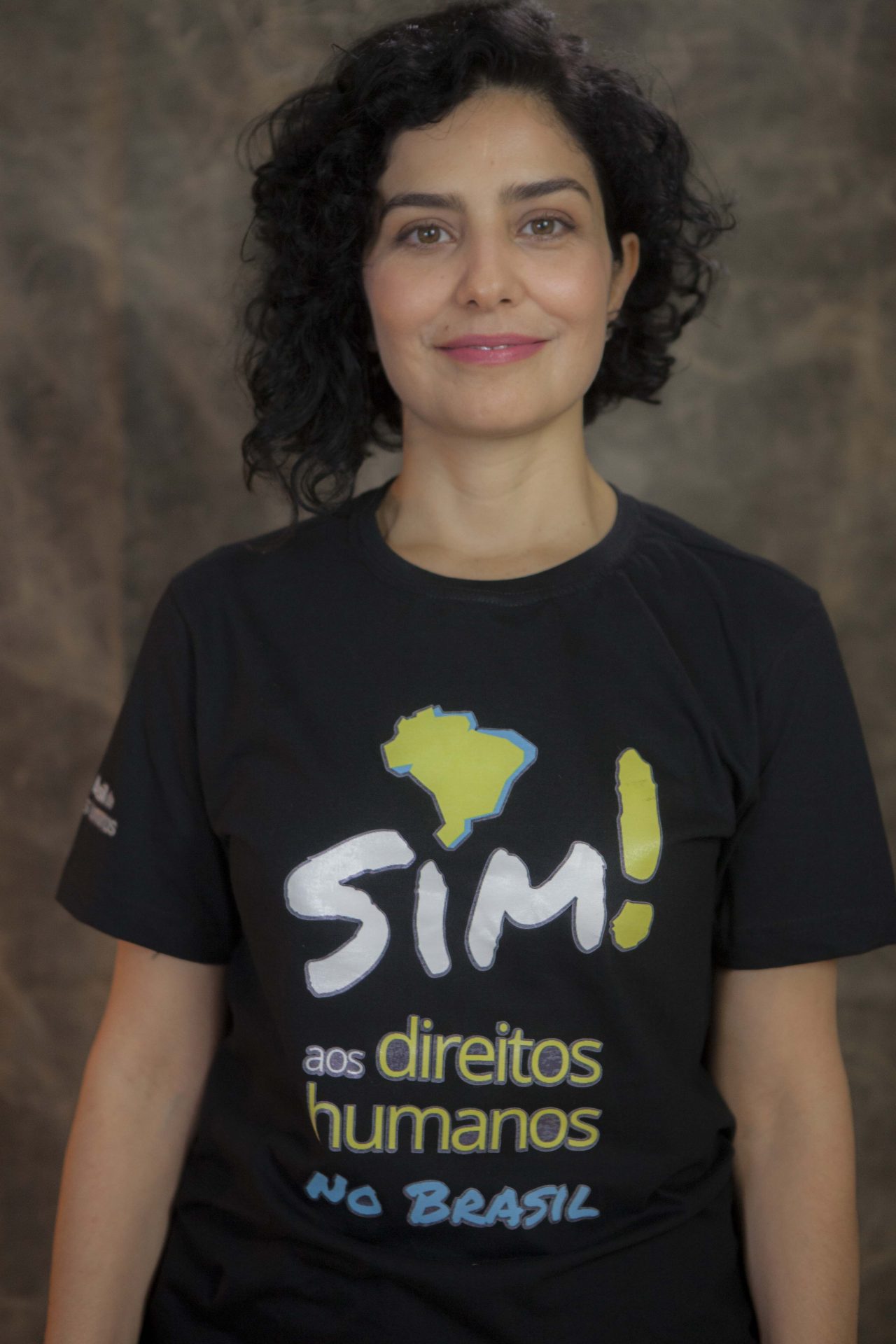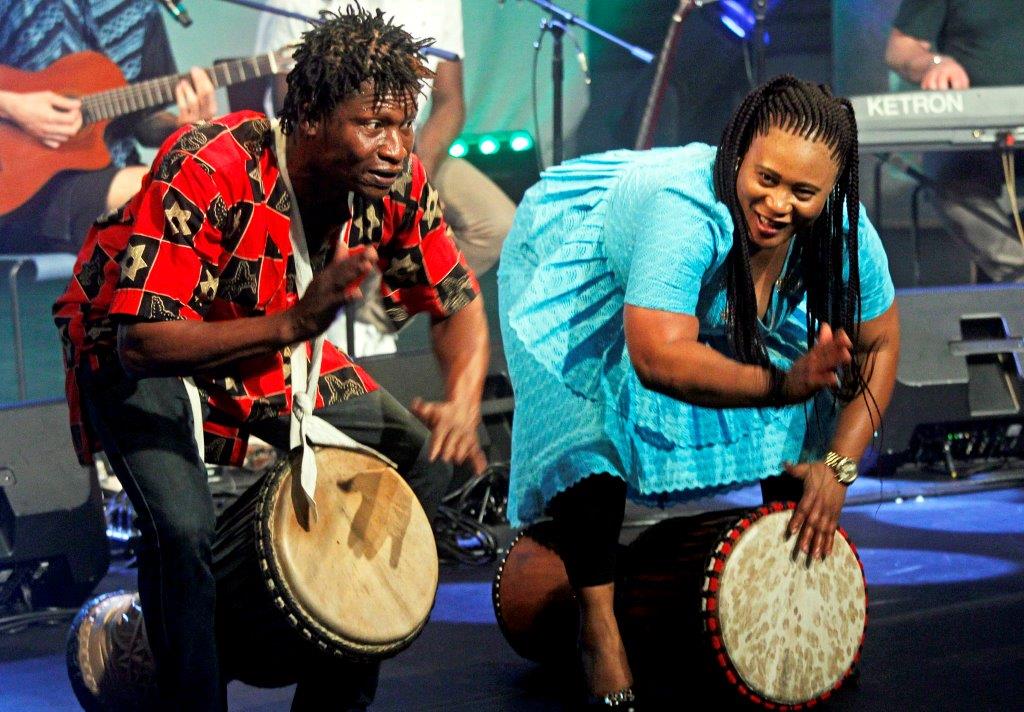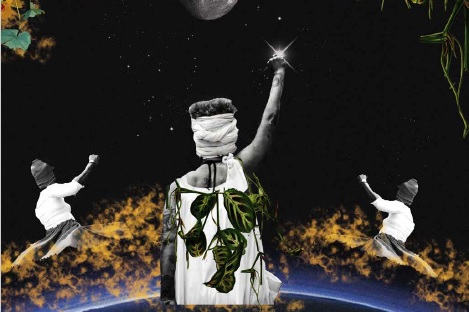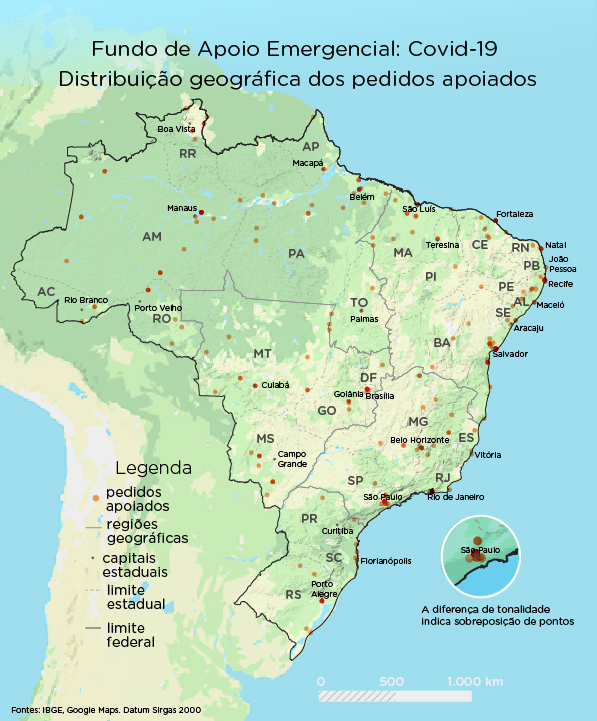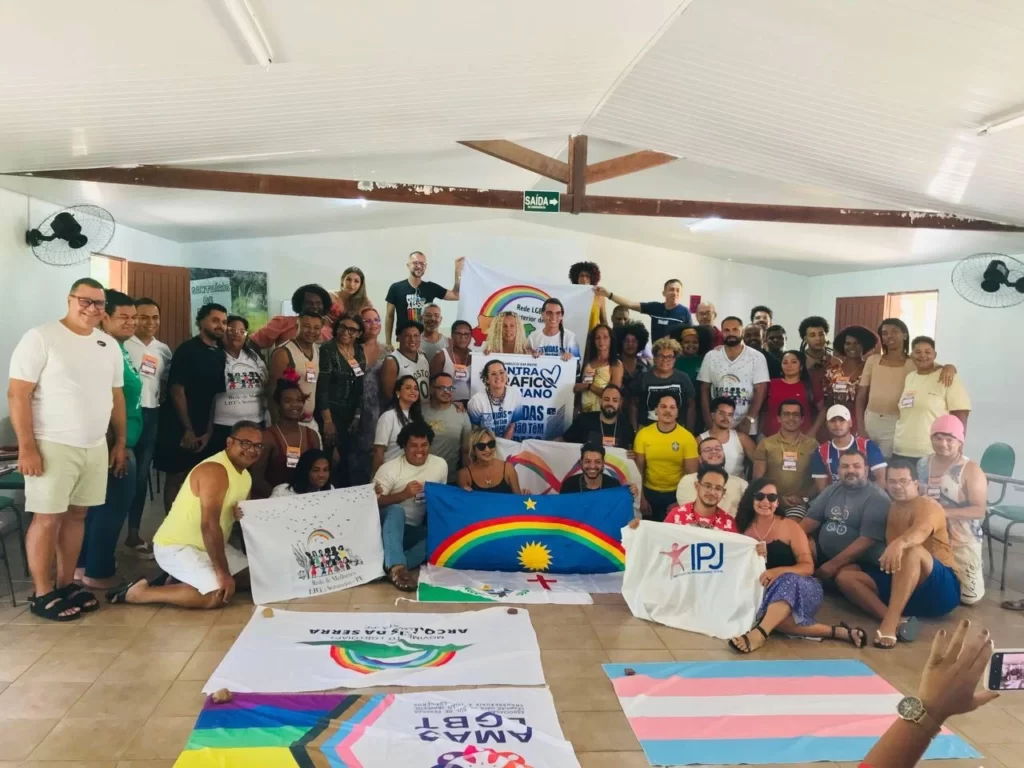
Photo: Collection Movimento Leões do Norte
In 2024, Pernambuco ranked 7th among Brazilian states with the most murders of trans people, totaling eight deaths, according to the ANTRA (National Association of Crossdressers and Transsexuals) dossier. Violence against the LGBTQIA+ population in the state disproportionately affects crossdressers and transsexuals, who are targeted with physical, psychological, patrimonial, and domestic violence, and face the recurring denial of rights in essential services such as schools and health centers.
This is the context in which the Rugido app was created — an initiative by the LGBTQIA+ collectives Northern Lions and Seven Colors, in partnership with 45 other organizations within the LGBT Network of Inland Pernambuco. The project materialized with support from the Brazil Human Rights Fund, providing grants and strengthening collaboration among the groups.
Rugido was launched in 2021, with a publicity campaign accompanying its release. Since then, it has received 160 reports. In the first year, there were 47 notifications. From January 2023 to April 2025, reports rose to 113 — a 140% increase in LGBTphobia cases. The project aims to facilitate the reporting of incidents, support victims, and forward reports to the relevant authorities.
The program acts as a bridge between victims and the state, as well as a tool for data collection to demand institutional responses and public policies. “We need to be qualified and have reliable data to demand change with the right tools,” says Rildo Veras, sociologist and coordinator of the Northern Lions and Seven Colors collectives. He notes that underreporting remains one of the biggest obstacles to pressuring authorities to safeguard rights. “Even in the face of so many cases, few are officially registered as hate crimes. Another important point is that in inland municipalities, people’s mistrust of public institutions is still strong, which leads most victims not to report the violence they suffer.”
How the app works
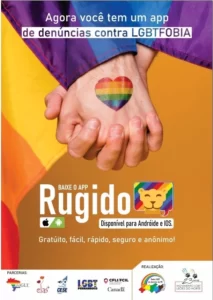 Rugido was created to bring visibility to cases of LGBTphobia that often go unnoticed by institutional channels. Anyone can report an episode of violence directly through the rugidolgbtqi.com.br website or via the app. It is possible to attach photos, videos, and police reports.
Rugido was created to bring visibility to cases of LGBTphobia that often go unnoticed by institutional channels. Anyone can report an episode of violence directly through the rugidolgbtqi.com.br website or via the app. It is possible to attach photos, videos, and police reports.
After submission, the Northern Lions collective team, comprising seven people, verifies the information and contacts the victim as quickly as possible to collect additional data, then forwards it to the Municipal Center of LGBTQIAPN+ Citizenship in Recife, the State Center for Confronting LGBTphobias, or the Public Ministry (similar to the Department of Justice in the USA), depending on the location and severity of the case.
The tool has been essential in mapping the most recurrent types of violence. “We have noticed well-defined patterns. Among the main reports are physical aggression and psychological and patrimonial violence, such as the destruction of personal property and financial control by partners or relatives,” says Rildo. “We have also received frequent reports of domestic violence, with victims unable to leave abusive environments.”
Beyond offering support, the team monitors the outcomes of each case, demanding responses from public authorities and pressing for concrete measures. “Ensuring that these reports are not forgotten is one of our greatest responsibilities,” says Veras.
Between January 2023 and April 2025, when Rugido registered 113 reports of LGBTphobia, the organizations behind it began working more closely with public institutions. With systematized data, the groups were able to identify shortcomings in institutional responses and started demanding more effective action.
Another outcome of this work is a partnership with the Public Defender’s Office of Pernambuco to facilitate the rectification of name and gender in birth certificates for trans people. Specialized support centers in Recife and across the state have also begun reviewing their practices after receiving the reports generated by the app.
Originally a reporting channel, Rugido is now seen as an instrument of political mobilization. The information collected informs dossiers, reports, and advocacy efforts that strengthen demands for rights. “We need to be qualified and have reliable data in order to demand change and show that we need public policies,” says Veras. “For us, the app’s impact goes beyond technology: it’s a project to turn pain into policy, reports into action, and invisibility into reparation.”
Resistance network in inland Pernambuco
Created in 2001, the Northern Lions Movement has established itself as one of the main LGBTQIA+ organizations in Pernambuco. Headquartered in Recife, the group promotes citizenship for lesbians, gays, bisexuals, crossdressers, transsexuals, intersex people, and other affective-sexual expressions, investing in the political training of local leadership and in the daily fight against LGBTphobia. The work extends throughout the state, with a particular focus on inland regions.
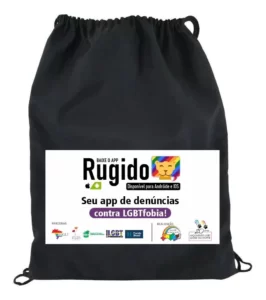 Along with the Seven Colors LGBT Group, from the city of Pombos, the Northern Lions have bolstered the creation of the LGBT Network of Inland Pernambuco. This mobilization began in 2010 with in-person visits and networking and continues to grow. “We want to reach all municipalities in the state. We still have a long path ahead,” says Rildo Veras, the initiative’s coordinator. The groups organize training courses for trans people, workshops, and actions in public schools, always aiming to ensure more dignity and respect for the LGBTQIA+ population.
Along with the Seven Colors LGBT Group, from the city of Pombos, the Northern Lions have bolstered the creation of the LGBT Network of Inland Pernambuco. This mobilization began in 2010 with in-person visits and networking and continues to grow. “We want to reach all municipalities in the state. We still have a long path ahead,” says Rildo Veras, the initiative’s coordinator. The groups organize training courses for trans people, workshops, and actions in public schools, always aiming to ensure more dignity and respect for the LGBTQIA+ population.
The Brazil Human Rights Fund has provided the Northern Lions Movement with financial and methodological support through the project “Weave, Resist, and Confront LGBTphobias in Inland Pernambuco,” which brought the Rugido app to life. “We had a problem: the small number of reports. And an idea of how to solve it: an app that would facilitate that process. The Brazil Fund made that dream possible,” says Veras.
More than enabling the creation of the tool, the support strengthened the Inland LGBT Network itself. “Since the project’s launch, the groups have grown stronger in reporting violations and fighting for citizenship. We have started believing more in the role of our network.”
The Brazil Human Rights Fund continues to support the groups coordinated by Rildo Veras with a new project focused on protecting LGBTQIA+ leadership working in the state’s most vulnerable areas. “In such threatening times, this support is vital for us to keep our mobilization alive,” says the coordinator.
Also read in Brazil of Rights about the app’s creation: Group creates app to report LGBTphobia in Pernambuco






















